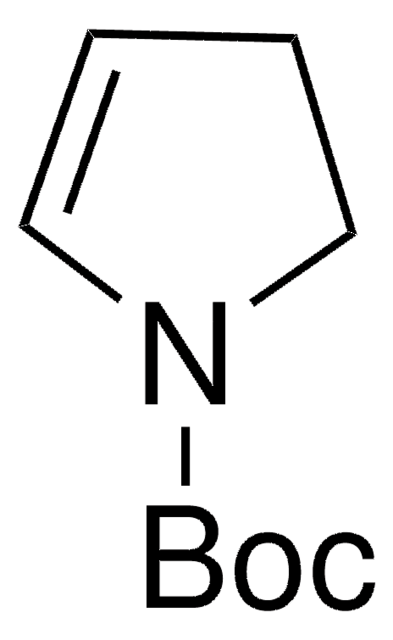Wichtige Dokumente
44113
Cyclohexanol
analytical standard
About This Item
Empfohlene Produkte
Qualität
analytical standard
Qualitätsniveau
Dampfdichte
3.5 (vs air)
Dampfdruck
0.98 mmHg ( 25 °C)
Assay
≥98.5% (GC)
Selbstzündungstemp.
572 °F
Haltbarkeit
limited shelf life, expiry date on the label
Expl.-Gr.
12.25 %
Methode(n)
HPLC: suitable
gas chromatography (GC): suitable
Verunreinigungen
≤0.5% cyclohexanone (GC)
≤0.5% water
Brechungsindex
n20/D 1.465 (lit.)
bp
160-161 °C (lit.)
mp (Schmelzpunkt)
20-22 °C (lit.)
Dichte
0.948 g/mL at 25 °C (lit.)
Anwendung(en)
cleaning products
cosmetics
flavors and fragrances
food and beverages
personal care
Format
neat
SMILES String
OC1CCCCC1
InChI
1S/C6H12O/c7-6-4-2-1-3-5-6/h6-7H,1-5H2
InChIKey
HPXRVTGHNJAIIH-UHFFFAOYSA-N
Suchen Sie nach ähnlichen Produkten? Aufrufen Leitfaden zum Produktvergleich
Anwendung
Signalwort
Warning
Gefahreneinstufungen
Acute Tox. 4 Dermal - Acute Tox. 4 Inhalation - Acute Tox. 4 Oral - Aquatic Chronic 3 - Eye Irrit. 2 - Skin Irrit. 2 - STOT SE 3
Zielorgane
Respiratory system
Lagerklassenschlüssel
10 - Combustible liquids
WGK
WGK 1
Flammpunkt (°F)
147.2 °F - closed cup - DIN 51794
Flammpunkt (°C)
64 °C - closed cup - DIN 51794
Hier finden Sie alle aktuellen Versionen:
Besitzen Sie dieses Produkt bereits?
In der Dokumentenbibliothek finden Sie die Dokumentation zu den Produkten, die Sie kürzlich erworben haben.
Kunden haben sich ebenfalls angesehen
Unser Team von Wissenschaftlern verfügt über Erfahrung in allen Forschungsbereichen einschließlich Life Science, Materialwissenschaften, chemischer Synthese, Chromatographie, Analytik und vielen mehr..
Setzen Sie sich mit dem technischen Dienst in Verbindung.









